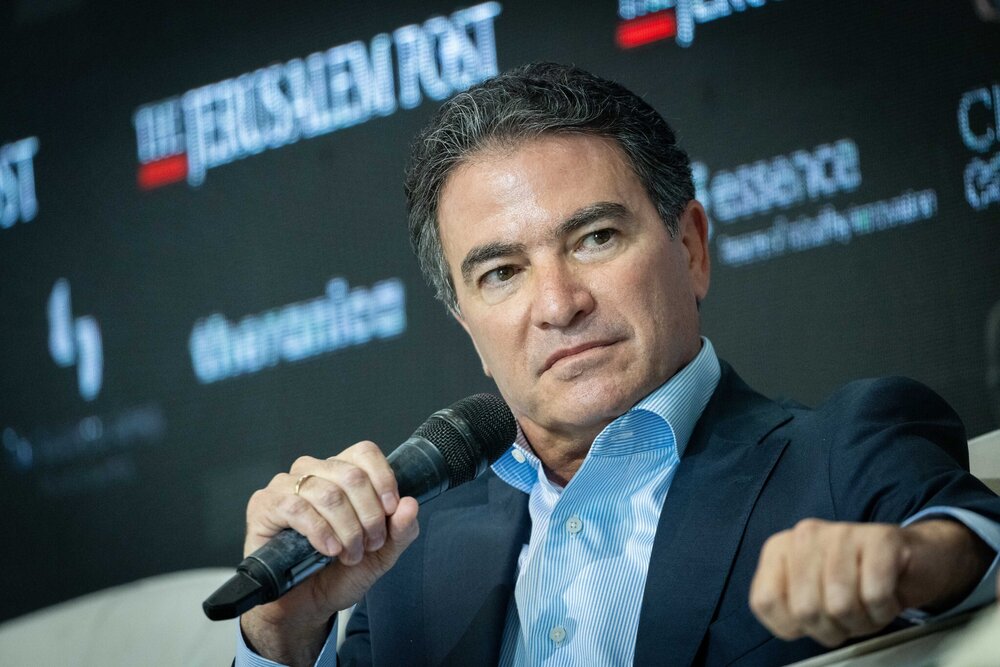Israel U-turn on JCPOA reveals its propaganda tactics

TEHRAN – In a contradictory departure from Israel’s longstanding propaganda, former Mossad chief Yossi Cohen has said Iran is not even close to getting a nuclear weapon, laying bare Tel Aviv’s deceitful campaign against Iran which rests on magnifying Tehran’s alleged threats against Israel.
Speaking at a conference hosted by the Jerusalem Post, Cohen struck a different note about Iran’s nuclear program and boastfully hinted that Israel was behind acts of sabotage targeting the Iranian nuclear facilities.
“I think that Iran, to this day, is not even close to acquiring a nuclear weapon,” the former Israeli spy chief said. “This is due to longstanding efforts by some forces in the world.”
The remarks came at a time when Israel strenuously seeks to influence the U.S. stance on reviving the 2015 Iran nuclear deal, officially known as the Joint Comprehensive Plan of Action (JCPOA), and that they cannot be separated from Israel’s overall policy toward Iran.
Cohen himself was aware that he was moving away from the official line. So, he described his view as “different.” But this cannot be construed as a personal view given the fact that Cohen stopped reading “intelligence” only a few months ago.
During his tenure as Mossad chief played a crucial role in Israel’s propaganda against Iran and building the case for U.S. withdrawal from the JCPOA. In Early April 2018, just slightly more than a month before former U.S. President Donald Trump pulled Washington out of the JCPOA, Cohen managed to plant a story in western media that Mossad is “100 percent certain” Iran seeking nuclear weapons even while the JCPOA was still in place and that the nuclear deal must be “completely changed or scrapped.”
Cohen called at the time the nuclear deal a “terrible mistake,” saying it allows Iran to keep key elements of its nuclear program intact and will remove other restraints in a few years.
As head of the Mossad, I am 100 percent certain that Iran has never abandoned its military nuclear vision for a single instant. This deal enables Iran to achieve that vision,” the then Mossad chief claimed. “That is why I believe the deal must be completely changed or scrapped. The failure to do so would be a grave threat to Israel’s security.”
In the ensuing month, Trump withdrew from the JCPOA and embarked on a policy of “maximum pressure” against Iran that continues to this day.
In the time since Israel kept raising alarm bells about Iran getting a nuclear weapon within few months. For instance, in February this year, Israel’s energy minister said it would take Iran around six months to produce enough fissile material for a single nuclear weapon.
This exactly corresponds with a projection by former Israeli Benjamin Netanyahu in September 2012. “They are very close, they are six months away from being about 90 percent of having the enriched uranium for an atom bomb,” Netanyahu told NBC at the time.
So which assessment is correct? None, in short. Because Iran has made it crystal clear that it does not seek to develop a nuclear weapon and its nuclear program is solely for peaceful purposes.
Israel propagates misinformation against Iran’s nuclear program at every critical juncture. They use this strategy to extort more security and military concessions from the United States and, more recently, from some Arab states.
Without magnifying Iran’s alleged threats, Israel would have never succeeded in normalizing ties with these Arab states. Cohen called this normalization “one of the greatest accomplishments ever” and “a majestic thing” that is “no less than a miracle for Israel.”
Israelis now hope that other Arab states, especially Saudi Arabia, join the normalization push. But they seem to have difficulty convincing Saudi Arabia and its allies that the benefits of normalizing ties with Tel Aviv outweigh its costs. Saudi Arabia has been involved in talks with Iran since April and the two countries are reportedly inching toward a deal to reopen consulates and restore diplomatic ties after more than six years of unrelenting tensions. And even in this regard, Israel feels it is the loser.
An opinion piece published by Haaretz opined that if the Saudi-Iranian rapprochement is successful and the Saudi consulate in Tehran is reopened, and relations between the two countries are normalized; This would mean the elimination of the anti-Iran alliance, on which Israel relied and pinned many hopes, including the possibility of establishing diplomatic with Saudi Arabia.
Leave a Comment